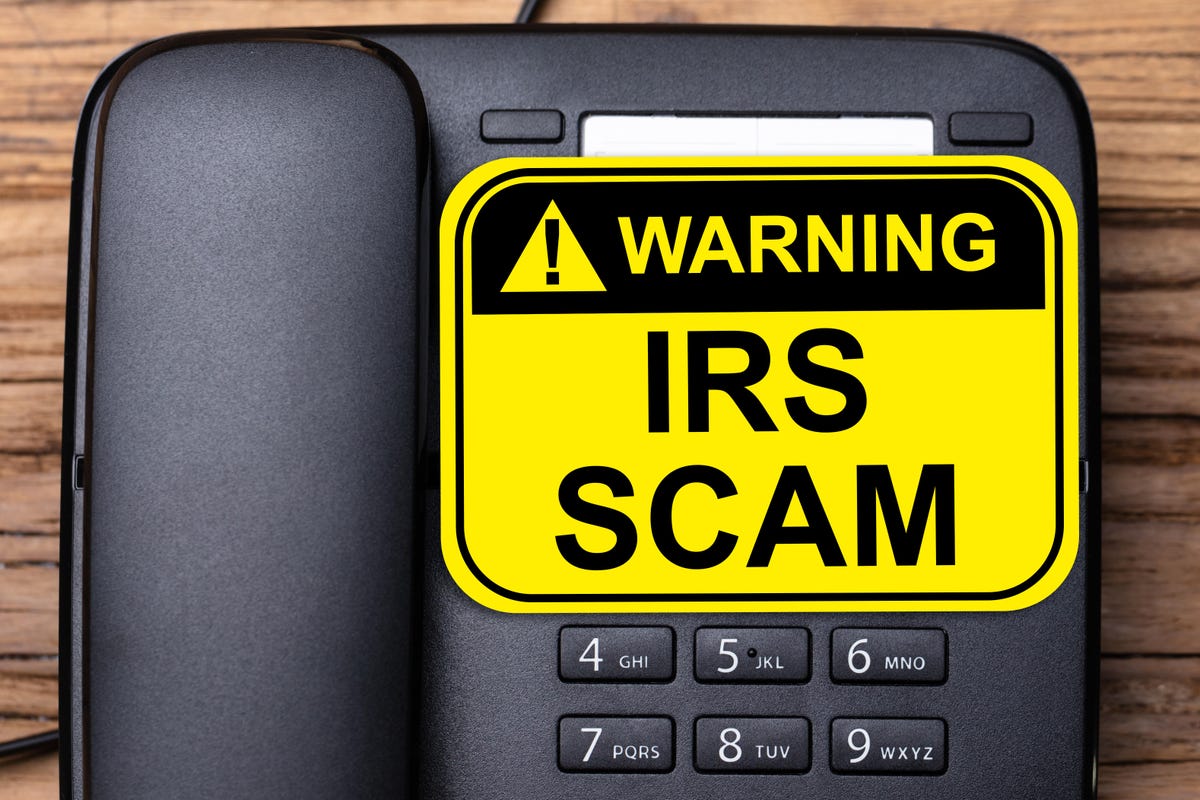
IRS deferred tax filing to July 15 this year due to Covid-19. Tax scammers get busy after the tax filing date. They file fraudulent refunds or impersonate IRS employees demanding payments or steal personal financial information. Some scammers contact taxpayers with request for donations to fake charities, claiming to help Covid-19 victims. Businesses have to be vigilante as they’re at risk for higher costs, hit to integrity of data/systems, and loss of trust of customers and employees. The FBI Internet Crime Complaint Center received almost 300,000 complaints totaling $1.3 billion last year; they estimate that only 15% of the crimes were reported. LexisNexis 2019 True Cost of Fraud Study found businesses incur $3.13 for every dollar of fraud. By that math, the true cost of the scams to businesses is over $27 billion per year. It’s time to be on the watch for what IRS calls the “Dirty Dozen” tax scams.
Many scams are calls by IRS impersonators demanding payment or financial information and threatening … [+]
Getty
Phishing:
This expression is a play on the word “fishing” for information. It refers to fake emails or website that request information to steal personal data. Criminal elements can sell the personal data or use it for identity theft or other nefarious activities. The IRS never initiates contacts with taxpayers by email. Any emails that pretend to be from IRS and…







